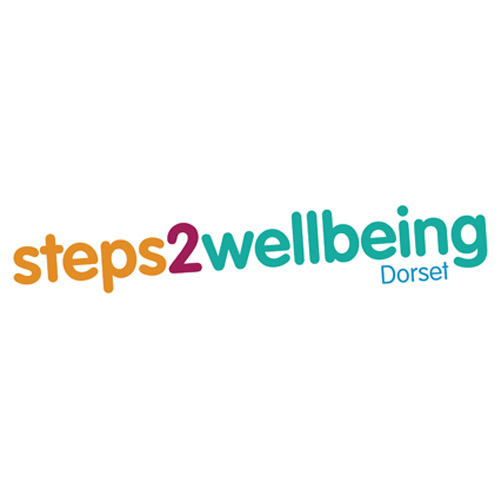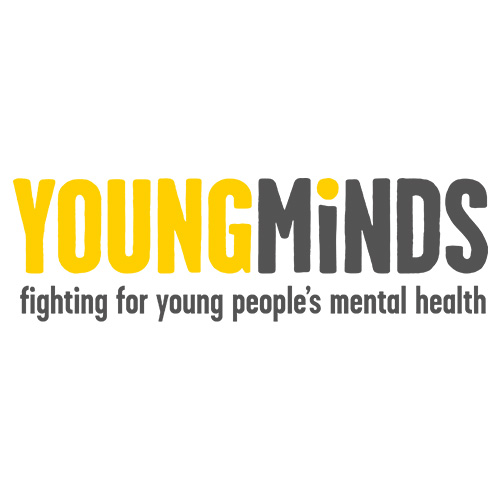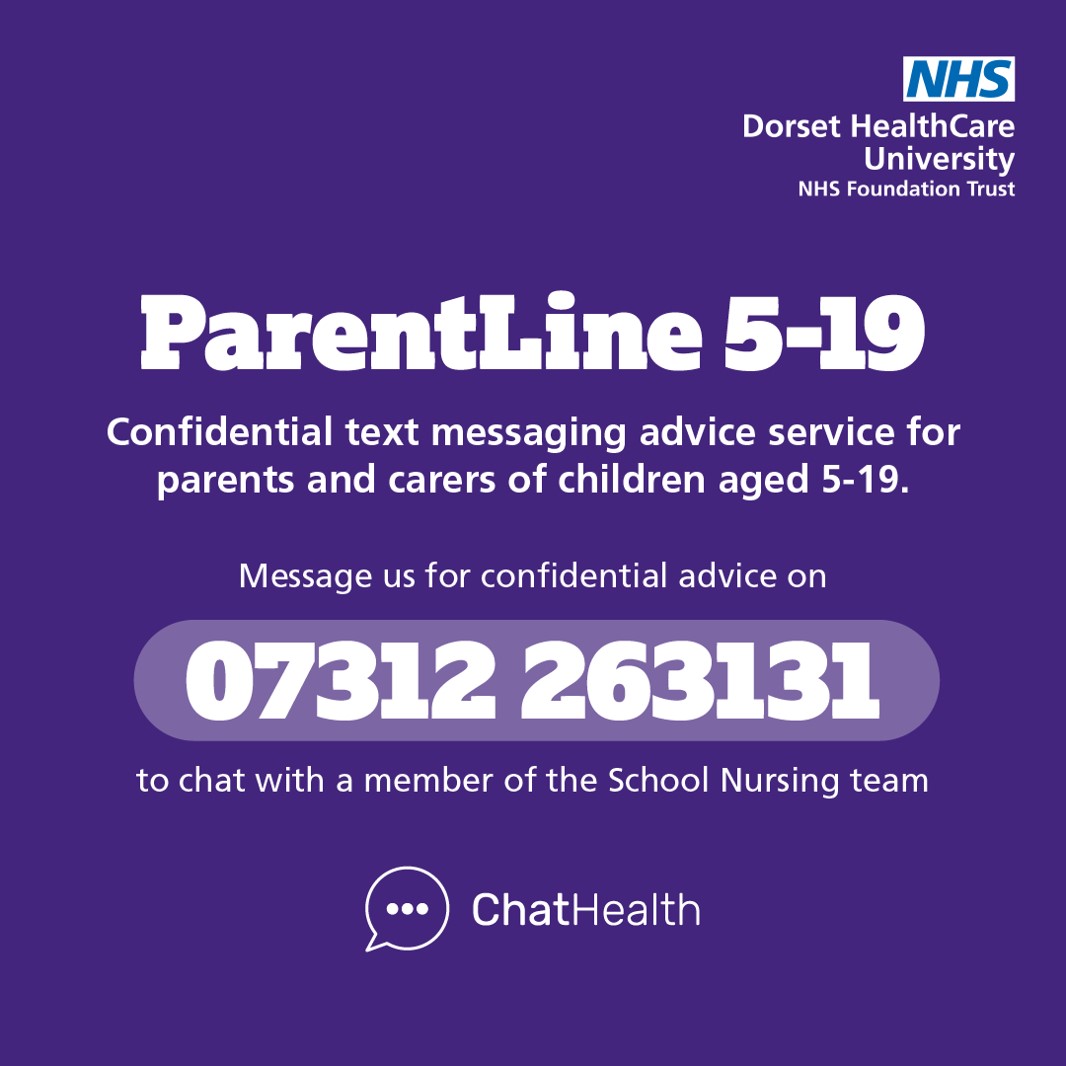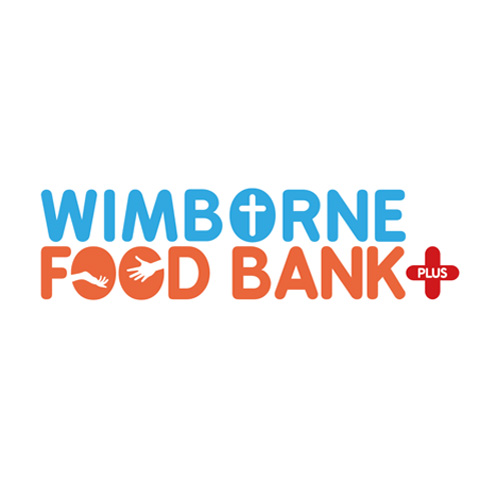On this page:
At Parley First School, we are proud to offer an Emotional Literacy Support Assistant (ELSA) programme to support the emotional wellbeing of all our children.
We currently have three trained ELSAs: Leigh Webb, Liz Winter, and Zoe Laver. Each has been trained by the County Educational Psychology Service to deliver targeted emotional support to children who may be experiencing difficulties.
What is ELSA?
ELSA is a school-based intervention designed to help children understand and manage their emotions, develop resilience, and build positive relationships. Referrals to the ELSA team can be made by teaching staff or parents. Children are also encouraged to self-refer if they feel they need someone to talk to. A Parent Referral form can be found here; Parent Referral Form
How Does It Work?
Before any support begins, we hold an initial conversation with parents and carers to gather background information and ensure we understand the child’s needs. This is followed by a 6-week programme of targeted sessions, tailored to the individual child.
What Do We Support?
Children may need support for a wide range of reasons, including:
- Friendship difficulties and social skills
- Anxiety or low self-esteem
- Family changes such as separation or bereavement
- Emotional regulation and anger management
- Transitions, such as moving house or school
- Building a growth mindset and confidence
We work with children both individually and in small groups, depending on their needs.
A Safe Space to Talk
Beyond structured sessions, our ELSAs are also a trusted, friendly presence in school. Sometimes, all a child needs is someone to listen. We’re here with open ears, kind hearts, and plenty of empathy.
Working Together
We are committed to prioritising children’s mental health and emotional wellbeing. Where a child’s needs go beyond what we can offer in school, we will support families in accessing additional services such as the Mental Health in Schools Team or other external agencies.
Definition of vulnerable – A “vulnerable child” is defenceless, exposed to behaviours, conditions, or circumstances that he or she is powerless to manage, and is susceptible and accessible to a threatening parent or caregiver. Vulnerability is judged according to physical and emotional development, ability to communicate needs, mobility, size, and dependence.
Dorset Council Family Information Directory:
Dorset Council – Worried About a Child
Children and Adult Mental Health
School Nursing Team and Parent Support Library
Below is a list of helpful websites, apps, and services that offer advice and support on a range of topics including sleep, emotional wellbeing, mental health, and parenting:
Sleep Support
-
The Sleep Charity offers workshops, clinics, and written resources to support children with sleep difficulties: https://thesleepcharity.org.uk/information-support/children/
Toileting Support
- ERIC provides advice sheets and resources for children experiencing toileting issues:
- ERIC advice sheets – ERIC
- https://www.what0-18.nhs.uk/about-us/adding-our-website
Mental Health & Emotional Wellbeing
- Healthier Together – A trusted NHS website with evidence-based advice on physical and emotional health, safety, long-term conditions, and local services:https://www.what0-18.nhs.uk/
- You can also download their app for easier access: https://www.what0-18.nhs.uk/about-us/adding-our-website
- Mental Health Apps for Young People – A collection of free, evidence-based apps to support children’s mental health: https://ourdorset.orchahealth.com/en-GB/young-peoples-mental-health-apps
- Dorset CAMHS – Support for young people with mental health needs. Their website includes helpful resources even if you’re not currently working with the service: https://camhsdorset.org/parents-carers/children
- Childline Toolbox – Activities and tools to help children manage emotions like anxiety and anger: https://www.childline.org.uk/toolbox/
- Coping with Anxiety – Childline’s advice for children experiencing anxiety: www.childline.org.uk/info-advice/your-feelings/anxiety-stress-panic/anxiety/
- Mental Health First Aid Kit – A helpful tool to support children when they’re struggling emotionally: www.childline.org.uk/toolbox/mental-health-first-aid-kit/
- Dorset Youth Mental Health Hub – Information on local services and support for young people: https://dorsetyouth.com/mental-health
Helplines & Services
- Connection – A 24/7 mental health helpline for all ages in Dorset: 0800 652 0190
- Steps2Wellbeing – Offers psychological therapies for anxiety, depression, and stress:0800 484 0500
steps2wellbeing.co.uk
Rest of Dorset: dhc.s2w.rural.admin@nhs.net
Bournemouth, Poole & Christchurch: dhc.s2w.urban.admin@nhs.net
Sensory Support
- University Hospitals Dorset – Scroll to the “Sensory” section for downloadable leaflets on sensory processing difficulties: https://www.uhd.nhs.uk/visit/patient-information-leaflets/childrens-therapy
Calming Techniques for Children
- Coloured Breathing – Breathe in for 4 seconds through the nose, out for 8 seconds through the mouth. Visualise breathing in a calming colour and breathing out stress in another colour.
- Grounding Technique – Help your child feel present by identifying:
- 5 things they can see
- 4 things they can feel
- 3 things they can hear
- 2 things they can smell
- 1 thing they can taste
- Mindfulness Activities – Simple relaxation techniques from the BBC:www.bbc.co.uk/cbeebies/joinin/seven-techniques-for-helping-kids-keep-calm
Parenting Support
- Action for Children – Advice on managing challenging behaviour:https://parents.actionforchildren.org.uk/behaviour/
- Information Sessions – Learn about brain development and behaviour from a Child Clinical Psychologist; https://services.actionforchildren.org.uk/dorset-services/parenting/behaviours-that-challenge-us-information-sessions/
- Dorset Council – Parenting support courses: https://www.dorsetcouncil.gov.uk/w/parenting-support-courses
- My Family Coach – Free resources, videos, podcasts, and a journal app to help understand and manage children’s behaviour; www.myfamilycoach.com
Attending School struggles
We recognise that if your child struggles to attend school in the morning, this can feel like an impossible task for parents and carers.
Here are a few resources and strategies that you may find helpful.
Quick Reference: Your Morning Anxiety Toolkit
The Night Before
- Pack bags and lay out clothes needed for the next day together
- Create a visual checklist your child can tick off
- Keep the evening routine calm and predictable
- End the day positively: “Tomorrow we’ll take it one step at a time.”
- Avoid lengthy worry conversations before bed
The Morning Of
- Wake gently – connect before giving instructions
- Break the morning into small, manageable steps
- Include one calming moment (e.g. stroking a pet, listening to music)
- Acknowledge anxiety briefly, then gently redirect to action
- Keep instructions simple and repetitive: “Shoes, coat, car.”
- Stay calm and physically close – guide them through each step
This might feel like a lot—especially when you’re already exhausted and mornings feel overwhelming.
Please remember: you don’t have to do everything perfectly. Even one small change—like waking your child more gently or laying out clothes the night before—can make a big difference to how the morning unfolds.
Start with what feels manageable and be kind to yourself along the way. You’re doing your best.
Domestic Abuse
What is Domestic Violence?
The Governments new definition of domestic violence and abuse now states:
Any incident or pattern of incidents of controlling, coercive or threatening behaviour, violence or abuse between those aged 16 or over who are or have been intimate partners or family members regardless of gender or sexuality. This can encompass but is not limited to the following types of abuse:
- psychological
- physical
- sexual
- financial
- emotional
Controlling behaviour is: a range of acts designed to make a person subordinate and/or dependent by isolating them from sources of support, exploiting their resources and capacities for personal gain, depriving them of the means needed for independence, resistance and escape and regulating their everyday behaviour.
Coercive behaviour is: an act or a pattern of acts of assault, threats, humiliation and intimidation or other abuse that is used to harm, punish, or frighten their victim.
This definition, which is not a legal definition, includes so called ‘honour’ based violence, female genital mutilation (FGM) and forced marriage, and is clear that victims are not confined to one gender or ethnic group.
What is Clare’s Law?
Clare’s law is a way of checking if your partner has a history of domestic violence. For more information about how to make a request for information, visit https://www.met.police.uk/advice/advice-and-information/daa/domestic-abuse/alpha/request-information-under-clares-law/
National Domestic Abuse helpline
https://www.nationaldahelpline.org.uk/
24-hour helpline, 0808 2000 247
Prevent
- Tackle the causes of radicalisation and respond to the ideological challenge of terrorism
- Safeguard and support those most at risk of radicalisation through early intervention
- Enable those who have already engaged in terrorism to disengage and rehabilitate
If you have concerns and believe someone is at risk of radicalisation, please raise these concerns with your schools Designated Safeguarding Lead.
Other People to contact:
Anti-Terrorist Hotline 08008789321
Crime stoppers: 0800555111
Refer any Prevent concerns to police:
Advice on Prevent Referral:
Cost of Living
About the Food Bank
- The Centre runs the food bank in partnership with Wimborne Food Bank.
- It is open Monday to Friday, 9am–5pm, excluding bank holidays.
- In case of emergencies when the centre is closed, there is a small food cupboard outside the main entrance that is accessible 24/7.
Accessing the Food Bank
- Food vouchers are available directly at The Centre, so there’s no need to apply elsewhere.
- Each household can access the food bank up to 3 times within a 3-month period.
Donations
- The food bank relies on donations from the public, businesses, and organisations.
- Only non-perishable items are accepted (no fresh or frozen food).
- Donations can be dropped off at the reception desk or handed to the Duty Officer.





























